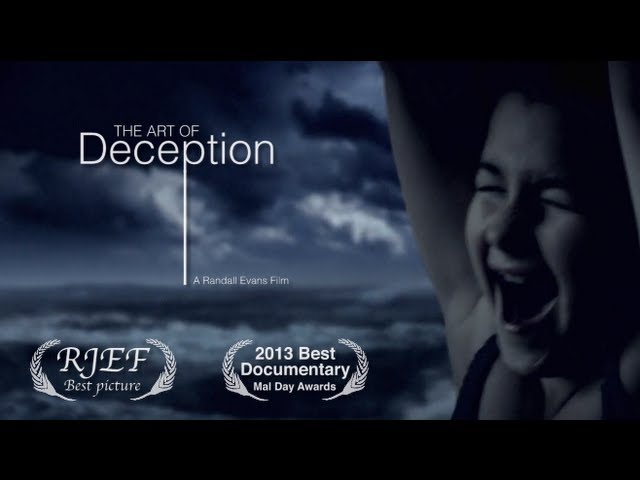The documentary landscape has transformed over the past decade, blurring the lines between fact and fabrication. With platforms like YouTube and Vimeo enabling anyone to broadcast information, the notion of accuracy has been challenged. “The Art Of Deception” peels back the layers of documentary construction, revealing how truths can be twisted, audiences manipulated, and agendas pushed. This thought-provoking exploration shines a light on the way media can become a marionette for specific individuals and motives.
In a realm where academic papers demand meticulous referencing, documentaries often escape such rigor. “The Art Of Deception” unveils the process through which a documentary is crafted to convey a sense of truth while subtly molding perceptions and advancing hidden motives. The documentary exposes the intriguing dichotomy of how a filmmaker can be both an advocate of truth and a master of manipulation.
For instance, Al Gore’s documentary “An Inconvenient Truth” is dissected as a case study. While it presented itself as a vehicle for raising awareness about climate change, the documentary’s deeper agenda and Gore’s vested interests are brought to light. The film’s claims are meticulously examined, revealing the controversial disconnect between its narrative and scientific consensus. This exploration led to its exclusion from UK schools due to concerns over misinformation.
“The Art Of Deception” also delves into the unsettling realm of geopolitics. The documentary unravels how the US government wielded documentaries like “Kony 2012” as puppets to further ulterior motives. Beneath the surface of noble intentions lay the discovery of vast untapped oil reserves, leading to geopolitical maneuvering that reverberated across continents.
Intriguingly, the film also explores the manipulation of societal narratives. The documentary “Zeitgeist” is dissected as a tool wielded by entities akin to the illuminati to manipulate perceptions, challenge religious foundations, and invoke existential fears. The depth of this manipulation, though initially unfathomable, is intricately unraveled, urging viewers to rethink the narratives they consume.
The documentary’s title, “The Art Of Deception,” poignantly captures its essence. It serves as a wake-up call for critical thinking, urging audiences to scrutinize the media they consume and the narratives they accept. As the documentary reveals the intricate web of deceit that can be woven within the frames of seemingly factual content, viewers are challenged to question, analyze, and discern.

